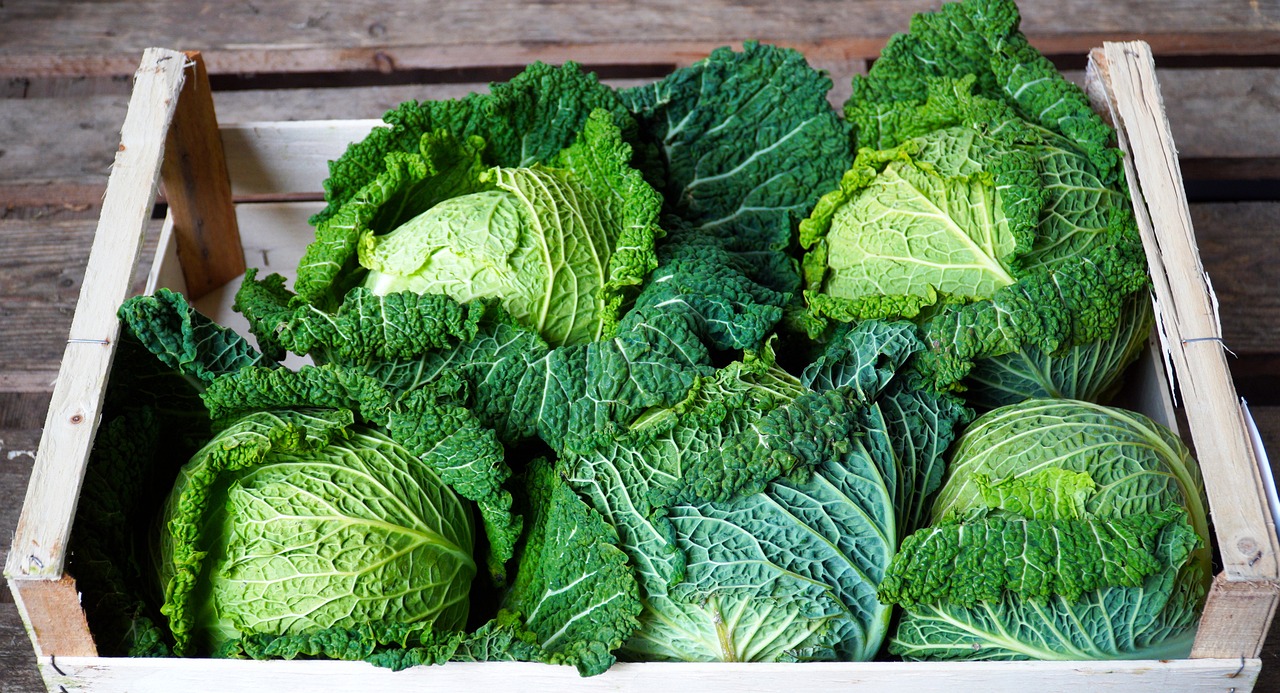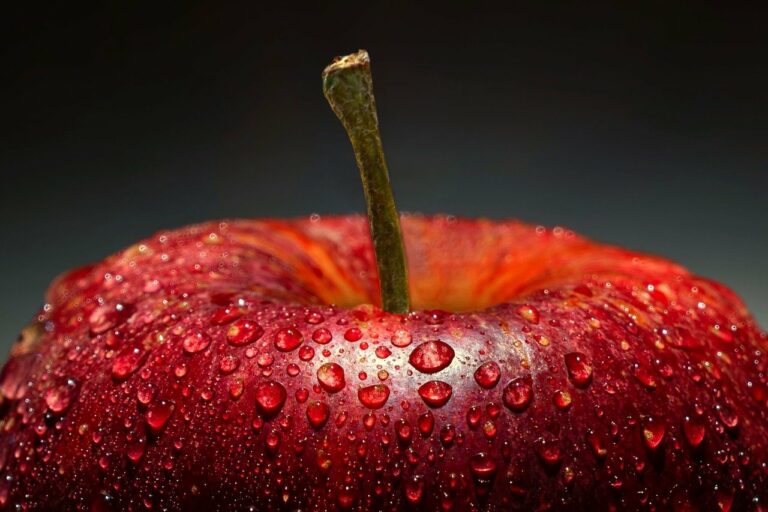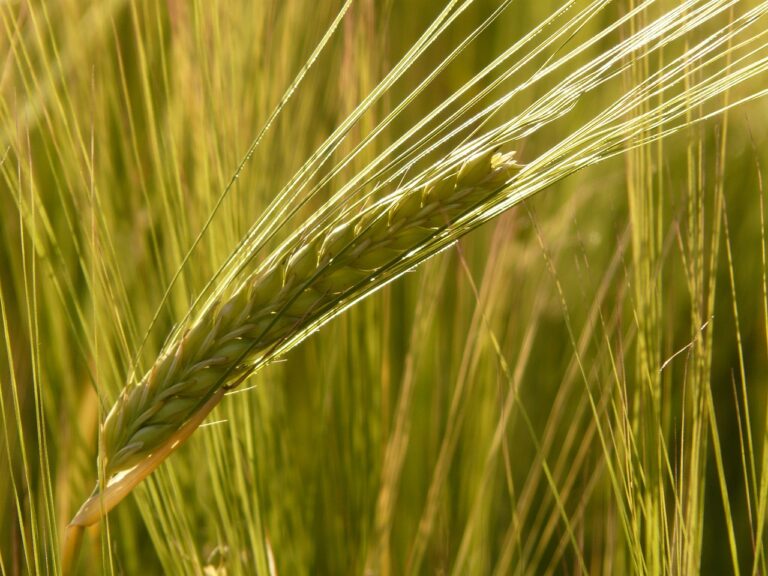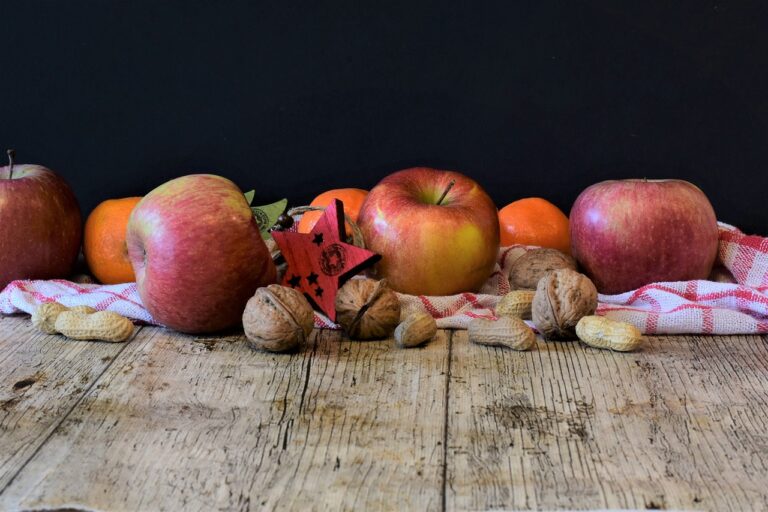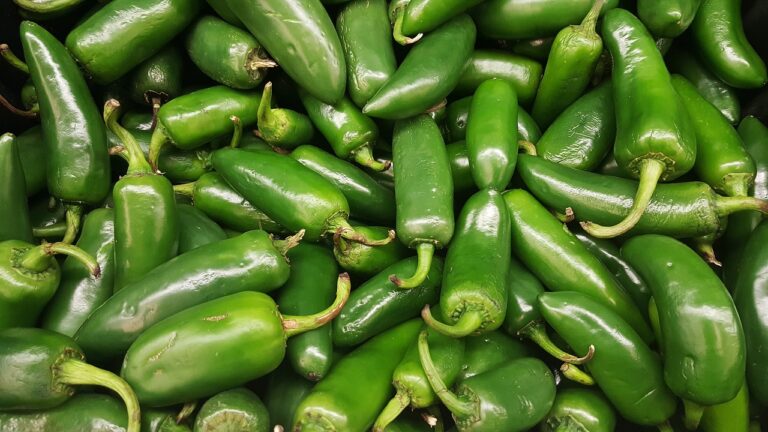The Role of Aquaculture in Supporting Sustainable Seafood
betbook247, radhe exchange registration, my laser247.com:With concerns about overfishing and the depletion of our oceans’ natural resources, the need for sustainable seafood has never been more crucial. Aquaculture, or the farming of fish and other aquatic organisms, plays a significant role in supporting sustainable seafood practices. In this article, we will explore the importance of aquaculture in the seafood industry and how it contributes to the sustainability of our oceans.
The Role of Aquaculture
Aquaculture is the fastest-growing food production sector globally, providing over 50% of the seafood consumed worldwide. With the demand for seafood on the rise, aquaculture offers a sustainable solution to meet this demand without putting further pressure on wild fish populations. By cultivating species like fish, shellfish, and seaweed in controlled environments, aquaculture helps relieve the strain on natural ecosystems while providing a reliable source of seafood for consumers.
Aquaculture and Sustainable Seafood Practices
One of the key benefits of aquaculture is its ability to support sustainable seafood practices. By farming fish and other aquatic organisms in controlled environments, aquaculture reduces the impact on wild fish populations and their habitats. Additionally, aquaculture can help alleviate the environmental issues associated with traditional fishing practices, such as bycatch and habitat destruction.
Furthermore, aquaculture can be conducted using environmentally friendly practices, such as recirculating aquaculture systems (RAS) and integrated multi-trophic aquaculture (IMTA). These methods minimize water usage, reduce waste production, and promote the ecological balance of aquatic ecosystems. By implementing these sustainable practices, aquaculture can help safeguard the health and diversity of our oceans for future generations.
Aquaculture Certification and Standards
To ensure the sustainability and environmental responsibility of aquaculture operations, various certification programs and standards have been developed. Organizations like the Aquaculture Stewardship Council (ASC) and Best Aquaculture Practices (BAP) set guidelines and criteria for aquaculture farms to adhere to in order to achieve certification. These standards cover aspects such as animal welfare, feed sourcing, water quality management, and social responsibility, ensuring that aquaculture operations are conducted in a responsible and sustainable manner.
The Importance of Species Diversity in Aquaculture
In addition to promoting sustainability, aquaculture also plays a crucial role in conserving species diversity. By cultivating a wide range of fish, shellfish, and seaweed species, aquaculture helps preserve genetic diversity and protect endangered species from extinction. Furthermore, aquaculture can be used to restore and rehabilitate depleted fish populations, contributing to the conservation efforts of marine ecosystems.
The Economic Benefits of Aquaculture
Aside from its environmental advantages, aquaculture also offers significant economic benefits. By providing a stable and reliable source of seafood, aquaculture supports livelihoods and promotes economic development in coastal communities. Aquaculture operations create employment opportunities, stimulate local economies, and contribute to food security and poverty alleviation in regions dependent on fishing and aquaculture industries.
FAQs
Q: Is aquaculture sustainable?
A: When conducted responsibly and using sustainable practices, aquaculture can be a sustainable method of seafood production that helps alleviate pressure on wild fish populations and supports the health of our oceans.
Q: Does aquaculture harm the environment?
A: While aquaculture can have environmental impacts, such as water pollution and habitat degradation, adopting sustainable practices and technologies can mitigate these effects and promote the conservation of aquatic ecosystems.
Q: Are all aquaculture operations certified?
A: Not all aquaculture operations are certified, but many farms voluntarily seek certification from organizations like the ASC and BAP to demonstrate their commitment to sustainable and responsible practices.
Q: What can consumers do to support sustainable seafood?
A: Consumers can support sustainable seafood practices by choosing seafood products from certified aquaculture operations, asking about the origin and production methods of seafood products, and advocating for sustainable seafood policies and initiatives.
In conclusion, aquaculture plays a vital role in supporting sustainable seafood practices and preserving the health and diversity of our oceans. By integrating responsible farming methods, promoting species diversity, and adhering to certification standards, aquaculture contributes to the sustainability of our seafood supply chain and the conservation of marine ecosystems. As consumers, we can further support these efforts by making informed choices and advocating for sustainable seafood practices in our communities.

